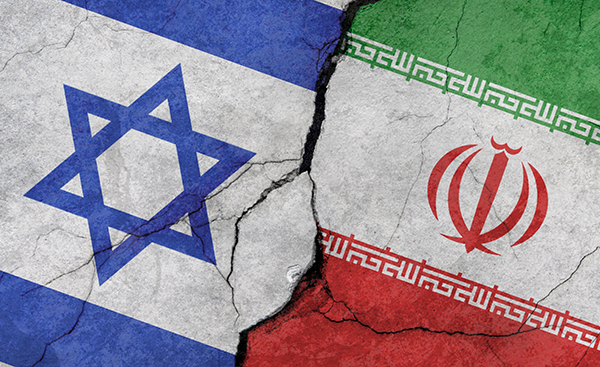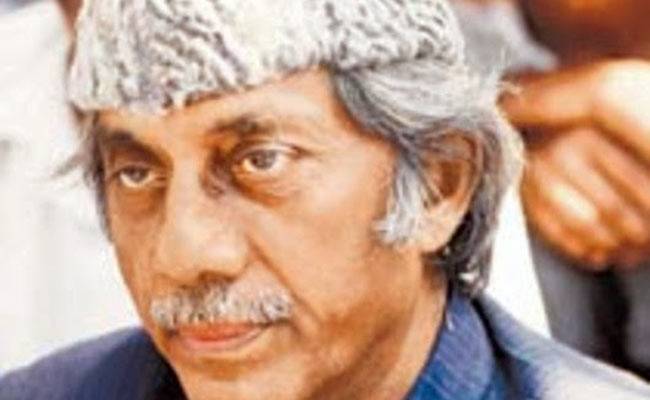The historical relationship between Iran and Israel has been complex, marked by periods of cooperation and conflict. To understand the dynamics between these two countries, it’s important to explore their history and the evolution of their interactions over time.
Early Relations and Cooperation
In the mid-20th century, relations between Iran and Israel were relatively friendly. After the establishment of the State of Israel in 1948, Iran was one of the few majority-Muslim countries to recognize the new state. The two nations shared common interests, including opposition to the rise of Arab nationalism and the influence of the Soviet Union in the region.
Throughout the 1950s and 1960s, Iran and Israel engaged in economic and military cooperation. Israel supplied Iran with military equipment, and both countries exchanged intelligence information. This relationship was facilitated by the pro-Western stance of Iran under the rule of Shah Mohammad Reza Pahlavi.
The Iranian Revolution and Shift in Relations
The relationship between Iran and Israel dramatically shifted following the 1979 Iranian Revolution. The revolution resulted in the overthrow of the Shah and the establishment of the Islamic Republic of Iran under the leadership of Ayatollah Khomeini. The new Iranian government adopted an anti-Israel stance, viewing Israel as an illegitimate state and an adversary to Islam.
The Islamic Republic of Iran’s opposition to Israel has been a key component of its foreign policy. Iran’s support for Palestinian militant groups, such as Hamas and Hezbollah, has further strained relations between the two countries. These groups, particularly Hezbollah in Lebanon, have engaged in armed conflict with Israel over the years.
Proxy Conflicts and Regional Tensions
The tensions between Iran and Israel have often played out through proxy conflicts in the Middle East. Iran’s support for Hezbollah in Lebanon and its involvement in the Syrian Civil War have brought it into direct confrontation with Israel. Israel, in turn, has conducted military strikes against Iranian positions and interests in Syria to prevent the entrenchment of Iranian forces near its borders.
Nuclear Tensions
Another major point of contention between Iran and Israel is Iran’s nuclear program. Israel views Iran’s pursuit of nuclear technology as a direct threat to its security and has been a vocal opponent of Iran’s nuclear ambitions. The two countries have been engaged in a shadow war involving cyber-attacks, espionage, and sabotage of nuclear facilities.
Current State of Relations
The relationship between Iran and Israel remains adversarial, with ongoing proxy conflicts, regional rivalries, and nuclear tensions. Both countries view each other as significant threats to their security and interests in the Middle East. Israel has expressed concerns over Iran’s growing influence in the region, particularly in Syria, Iraq, and Yemen.
Conclusion
The historic background of the Iran-Israel conflict is deeply rooted in ideological, religious, and political differences that have intensified over the years. The ongoing proxy conflicts and regional tensions continue to shape the relationship between the two countries, making it one of the most volatile and complex in the Middle East.






